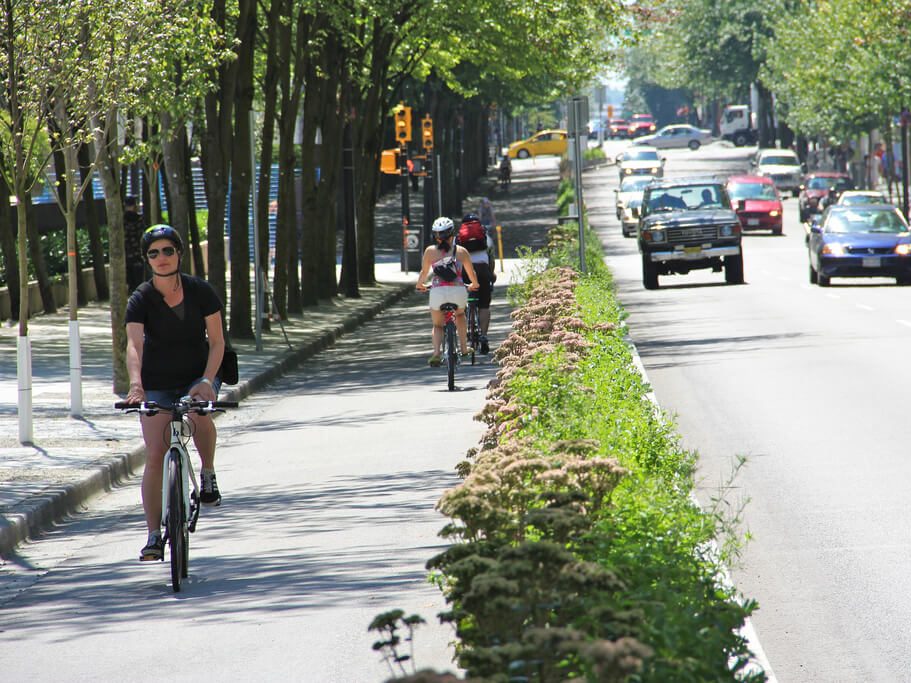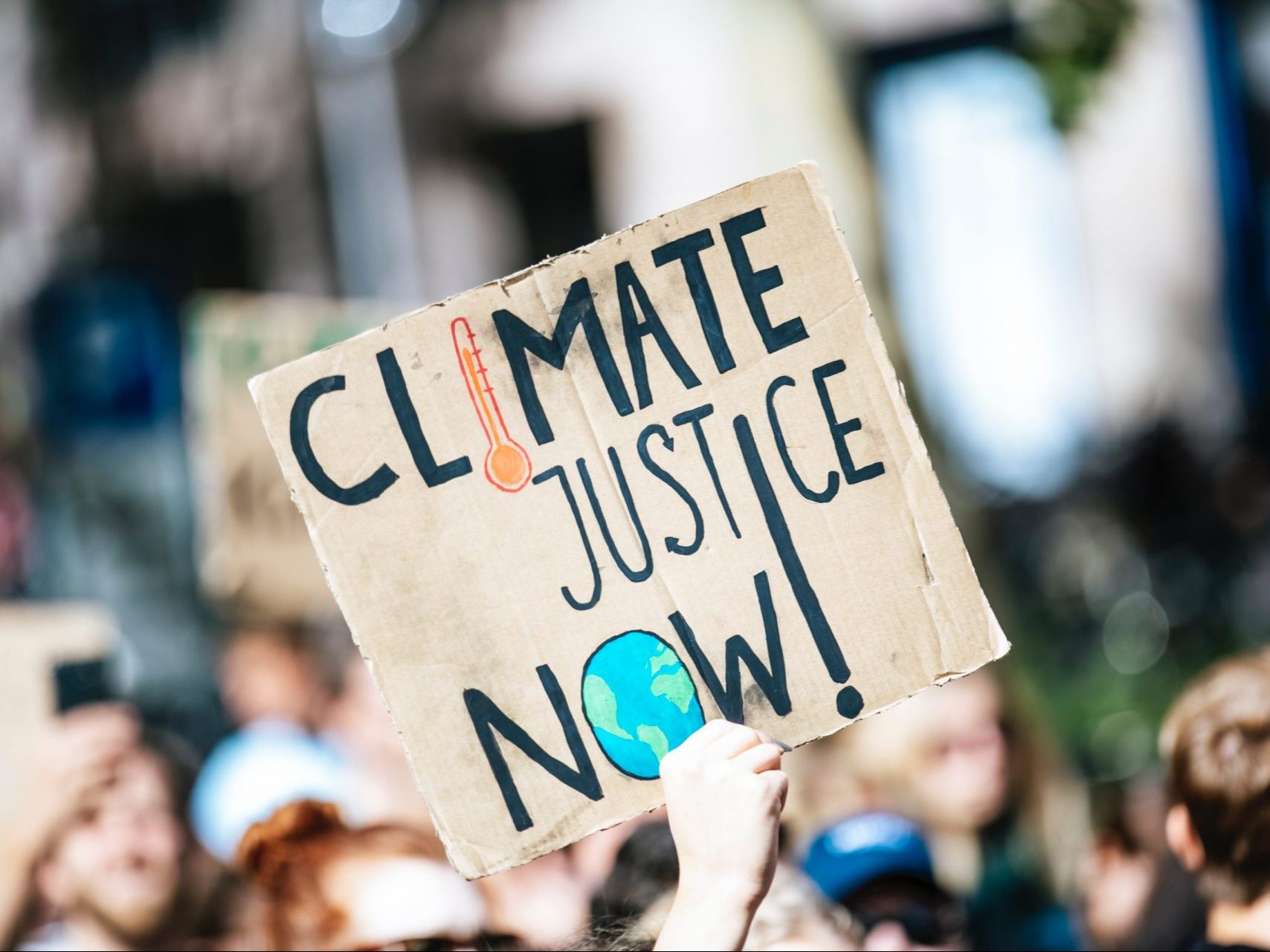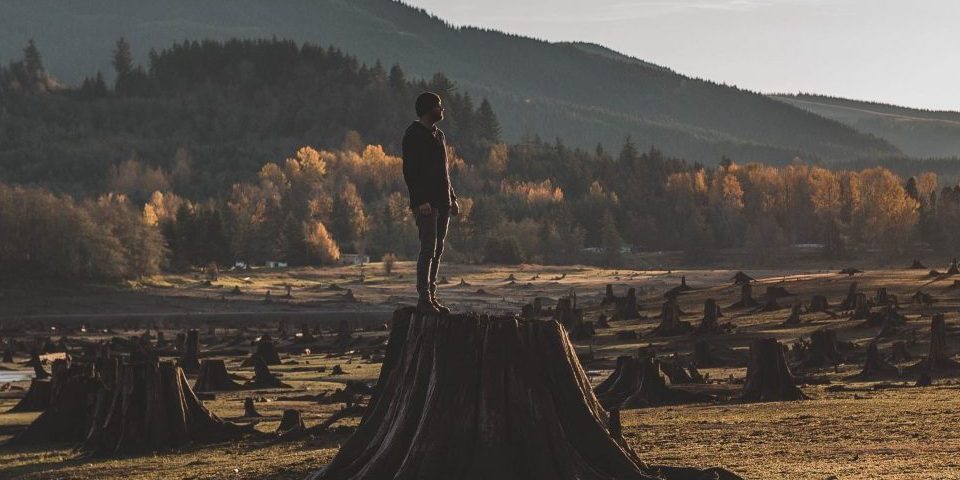
Harvest Season, Wetland Style
October 5, 2021
Great Ecology Partners with Economist Adam Domanski
October 25, 2021


Climate Change: Do Individual Actions Matter?
Author: Liz Clift
Although we all know by now that individual choices have little impact on climate change, individual choices can add up, especially when those individual choices begin to have collective impact on our habits—such as how we travel, what we eat, the types of products we buy, and more. After all, our current economic system is built on principals of supply and demand—and while economics is certainly more complicated than that, it offers a good foundation to start.
Let me be clear: this is not a post telling you to do X instead of Y to save the planet.
First, that’s not helpful and leads a lot of folks to despair or feeling frozen because there are so many things we’re told to do to stave off climate change—even as we watch more extreme weather events occur around us or see the active degradation of habitats in our area, sometimes despite local pushback.
Second, while some of us certainly use far more resources than others (i.e. basically anyone in one of the world’s colonizing nations), simply knowing that doesn’t actually provide much option for opting in or out. A lot of that resource use is done outside of our individual control. For instance, if you live in a place where electricity is primarily powered by fossil fuels, you have little choice in your footprint relative to someone where renewable resources make up a larger portion of the energy grid.
Third, there are social, economic, and cultural influences that shape the impacts we have on climate change. While there are many ways to frame these influences, let’s consider the oft-touted “Just eat vegan,” as a way to reduce climate impact. This phrasing doesn’t mean much if you live in a place where the nearest grocery store is an hour (or more!) away—and may have limited healthful options, where options may be seasonally limited (i.e. do you live in area without on-demand access to food, where part of the year might be spent eating preserved items or animals products acquired through hunting?), if you’re part of a cultural group that is likely to have more trouble digesting certain foods (i.e. gluten, legumes, etc.), or simply because you don’t have buy-in from others you live or work alongside.
That being said, our individual actions can have influence—and the extent of that influence is dependent, in part, on what types of actions we take and how we promote those to others.
For those of you of a certain age, think about this like Captain Planet and the Planeteers. Each of the Planeteers had the ability to offer a certain type of influence (e.g., over earth, wind, fire, water, or heart)—but combined, they were able to conjure Captain Planet to help solve problems that were bigger than they could solve on their own (or as a group). The underlying message was clear: individuals can make a difference, but people working together can make a bigger difference.
It’s a very different individual action, for instance, to found an organization focused on freeing the ocean of plastic, through individual actions (including reducing plastic use, education, and individual action), than to simply pick up trash on the beach. But, if you’re not in the place to found an organization, perhaps you help organize a clean-up of a local waterway and get five of your closest friends to invite five of their closest friends, (etc.) to pick up trash—and talk about how to reduce waste! In this example founding an organization—or organizing a clean-up—have a bigger reach than just your individual impact.
Transportation is an easy culprit whenever discussions around individual actions come up. If you fly in an airplane (for work or leisure), you have an outsized impact compared to someone who always uses public transit, walks, or bikes. But setting these up as an “either or” also play into fallacy. Most folks don’t jetset to the grocery store, for example, and may even walk or bike to the store—even if they fly every week for work. Lobbying for more walkable and bikeable cities, which includes safer sidewalks, crosswalks, protected bike lanes, and reduced car speeds can help create communities where more people make the choice to walk or bike, rather than get in a car. A similar argument can be made for public transit that is safe, free, and reliable. While making public transit free might not initially reduce greenhouse gas emissions or the number of cars on the road, it could over time—as people learn that public transit (which has been demonized in some areas) is safe and reliable—meaning it comes at regular intervals, rarely experiences delays, and gets people to their destination (ehm, with relative ease, not seven transfers and three hours).
As a bonus, if we are able to reduce cars on the road, this has benefits beyond climate impact. Recent studies have shown that car tires can have negative impacts on aquatic habitats—so we may also improve water quality and habitat.
But what if, you’re an introvert and just enjoy your time on your own? Or don’t have the time/capacity to organize a work party? Or you’re parenting and working two jobs? Or, or, or…?
There are a lot of reasons, too, why striving for a “bigger” individual impact may feel intimidating, or even impossible. After all, like the rest of us, you’re probably doing what you can and learning as you go—and as I mentioned above, so much of it may be out of your actual control.
Your individual actions do still matter. The people around you notice the choices you’re making, whether that’s close friends, coworkers, roommates, children, or family. You can still have quiet influence on the folks around you, especially if you remain open to their curiosities about why you’re making the choices you’re making.
You might also consider the ways you have influence. For instance, if you’re the person who prepares meals some nights of the week in your home, you can make an effort to create plant-based meals. You might have a discussion with the people you live with or your coworkers about dish or laundry soap and switch to a more sustainable option or about switching to a more environmentally-friendly office snack option. You can order plant-based meals when you eat out—which is an increasingly accessible option in many areas. You can work out carpool options, make choices to walk, bike, or bus, and see if your company incentives these options (if not, why not?). You can lobby for company volunteer time to be spent on ecological restoration projects (there are certainly things like this happening where you live, and they need volunteers). The list goes on and you probably already have a dozen—or dozens—of these things you’re already doing.
And this matters because while you can also vote consciously for candidates (at all levels of government) who are committed to the climate—since these folks do influence policy, including what corporations are “allowed” to get away with, you don’t vote every day. And more people are aware of the choices you’re making than you probably realize—and your good influence may influence them toward climate-positive shifts as well.
If this has you thinking about the efficacy (or lack there of) of individual action on climate change, I encourage you to also listen to the podcast How to Save a Planet, particularly “Is Your Carbon Footprint BS?” from July 29, 2021. The hosts tackle both sides of this issue, drop some excellent statistics, and interview experts.

